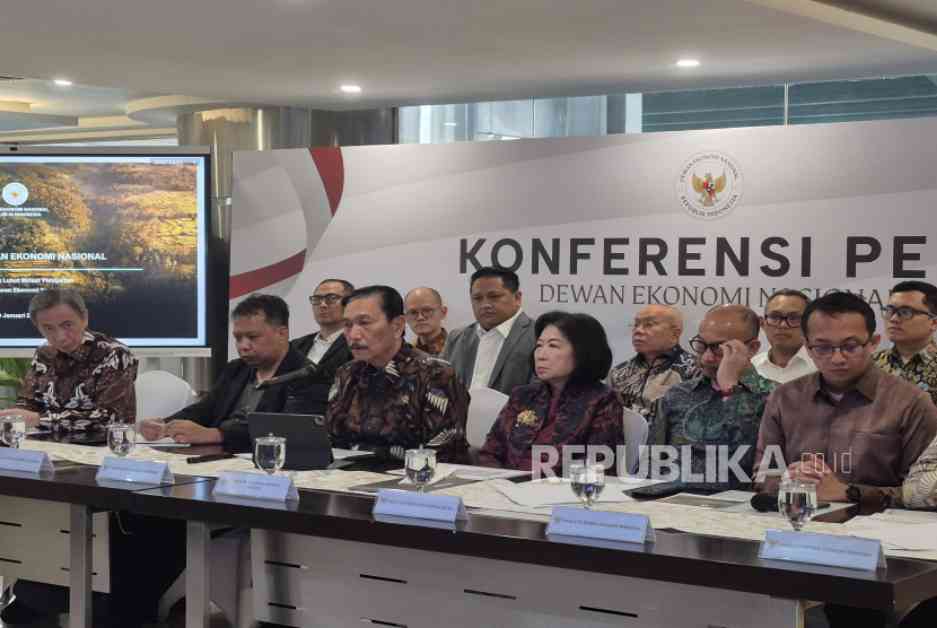Indonesia’s Dilemma: Buying Cheap Oil from Russia?
In a recent press conference in Jakarta, the Chairman of the National Economic Council (DEN), Luhut Binsar Pandjaitan, discussed the potential benefits and drawbacks of Indonesia sourcing oil from Russia. After joining the alliance of Brazil, Russia, India, China, and South Africa (BRICS), Indonesia may have the opportunity to access Russian oil at a lower cost.
Luhut emphasized the importance of weighing the advantages and disadvantages for Indonesia. If the country can procure oil at a significantly cheaper price, such as $20 or $22 less per barrel, why not consider it? Despite this, he also emphasized the need for caution in approaching this policy shift.
Potential Benefits and Risks
Economists and Public Policy Experts have also weighed in on this potential decision. Achmad Nur Hidayat, an expert from the National Development University (UPN) in Jakarta, highlighted the potential benefits for Indonesia in reducing the trade deficit in oil and gas.
With Russia facing embargoes from Western countries, there is an opportunity for Indonesia to secure oil at discounted rates. This collaboration could also lead to advancements in energy infrastructure, technology development, and knowledge transfer, supporting Indonesia’s long-term energy diversification goals.
However, it’s crucial to acknowledge the risks involved in this partnership. The Western embargoes and sanctions on Russia pose challenges, particularly in terms of limited access to global payment systems like SWIFT, which could complicate trade transactions.
Considering All Factors
As Indonesia navigates this decision, it must carefully consider the economic, political, and strategic implications of sourcing oil from Russia. While the potential cost savings are enticing, the geopolitical landscape and existing trade dynamics must be thoroughly analyzed to mitigate any adverse effects on Indonesia’s economy.
In conclusion, the decision to purchase cheap oil from Russia is a complex issue that requires a comprehensive evaluation of both the benefits and risks involved. Indonesia’s strategic approach to this potential partnership will shape its energy future and economic stability in the years to come.














